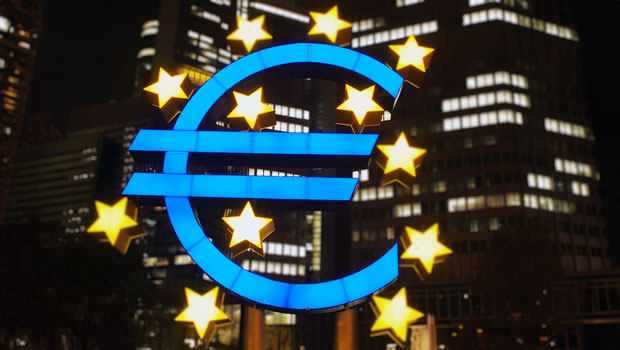Business activity across the eurozone continued to be weak this month, and although the Purchasing Managers' Index (PMI) rose, it remains near a seven-month low.
The preliminary HCOB/S&P Global October Composite PMI was 49.7, up slightly from September's 49.6 and in line with consensus expectations. It remained below the 50-point neutral level that separates growth from contraction for the second consecutive month.
“The eurozone is stuck in a bit of a rut,” said Cyrus de la Rubia, chief economist at Hamburg Commercial Bank.
Growth in the euro area's services sector unexpectedly slowed, with the PMI falling to 51.2 from 51.4, falling short of the expected 51.6.
In contrast, the manufacturing PMI came in at a better-than-expected 45.9, up from 45 and above expectations of 45.1, but the sector's economic contraction remains firmly entrenched below the neutral 50-point level. It was shown that
“The euro area's services sector continues to grow, but only slightly, which is helping to bring the overall economy closer to stability,” Della Rubia said. However, one should not have too high expectations for the near future. Companies in this sector are seeing a decline in new orders, with the backlog declining for the sixth straight month. For the first time since early 2021, employment in the service sector has come to a near standstill. ”
Germany and France, the euro zone's two biggest economies, saw a more pronounced contraction in business activity in October, while production elsewhere in the region rose at the fastest pace in four months.

